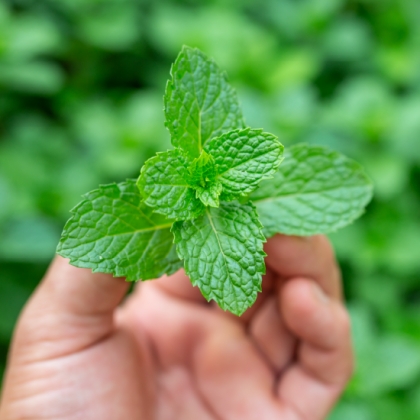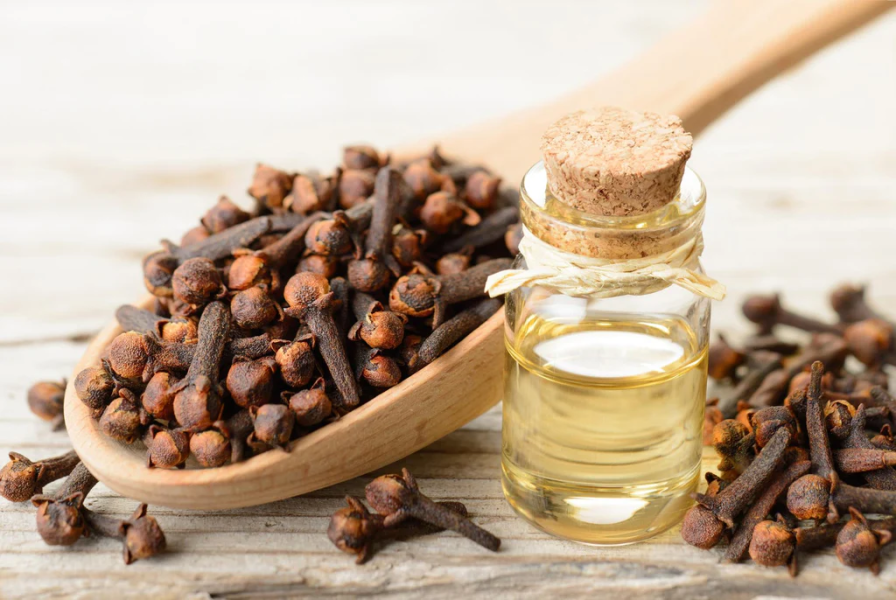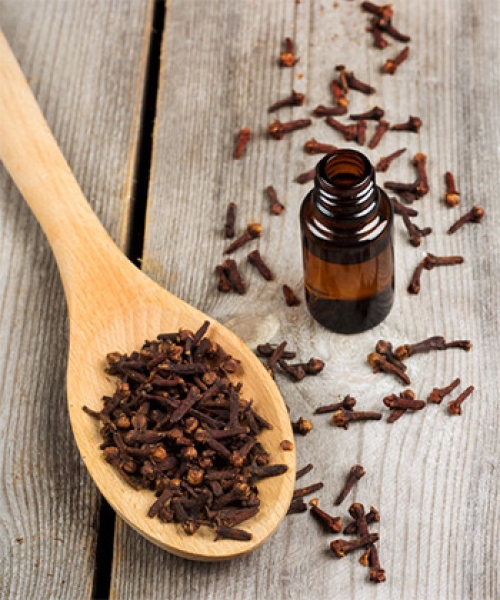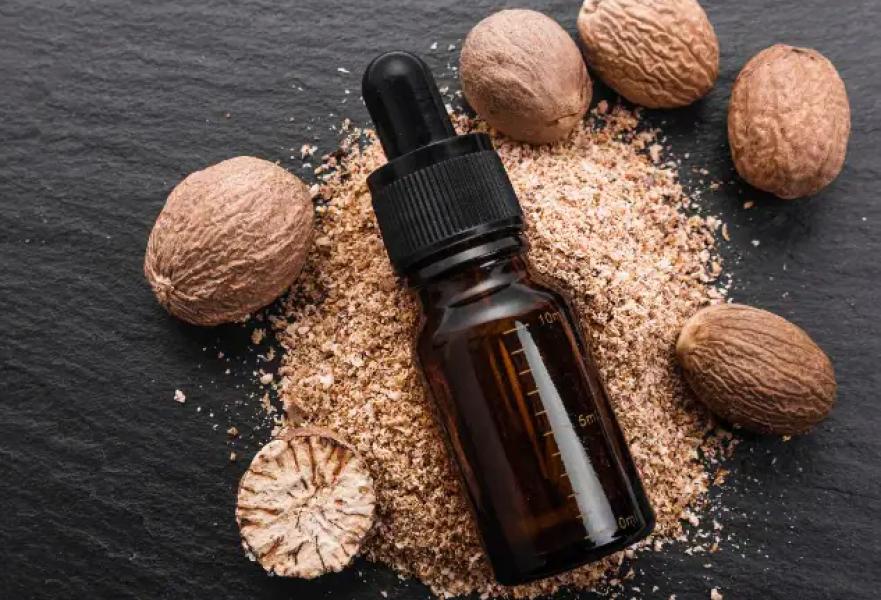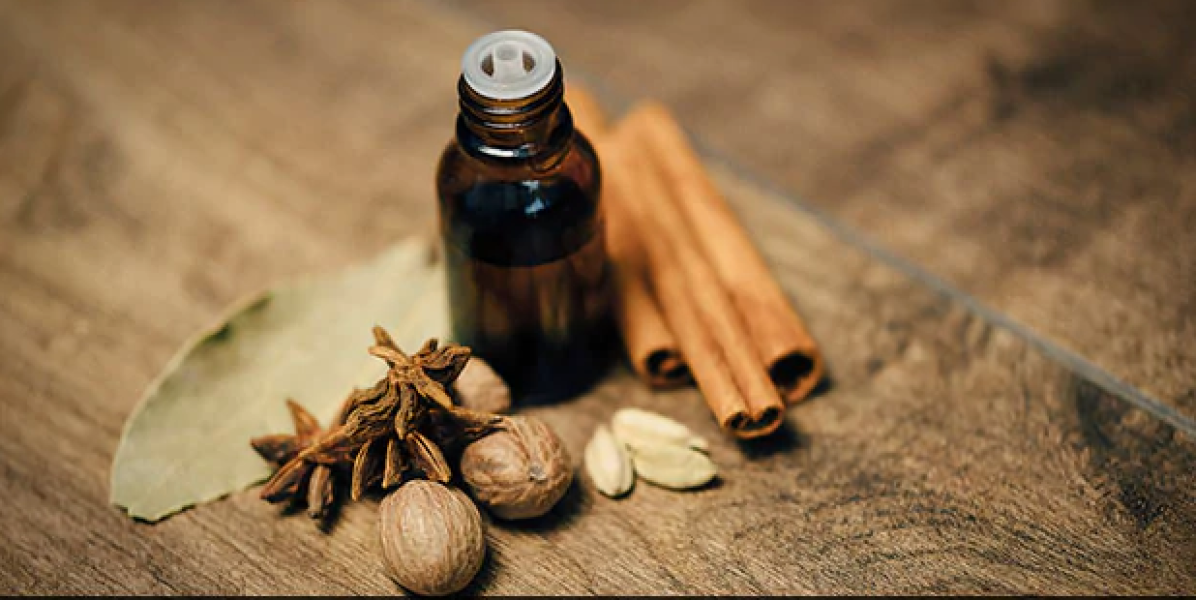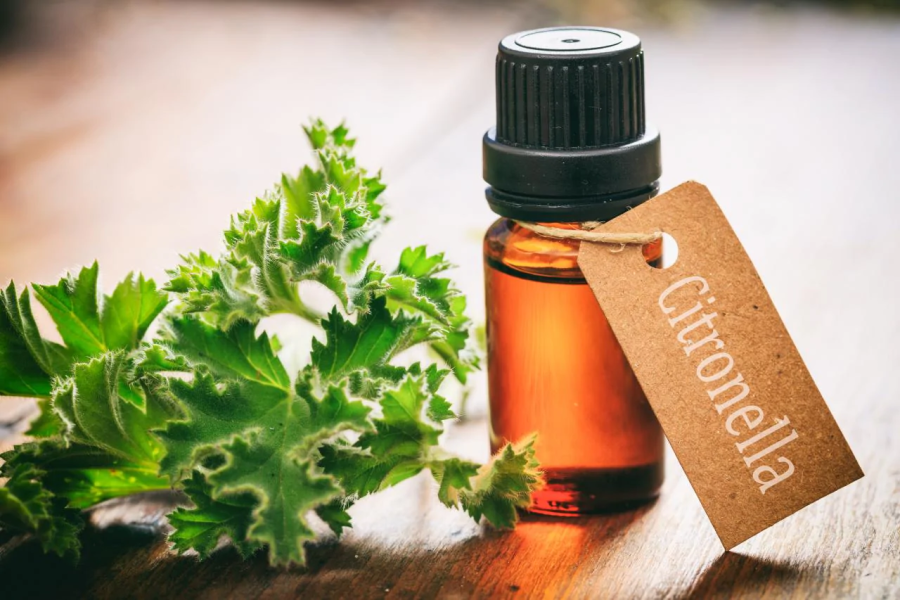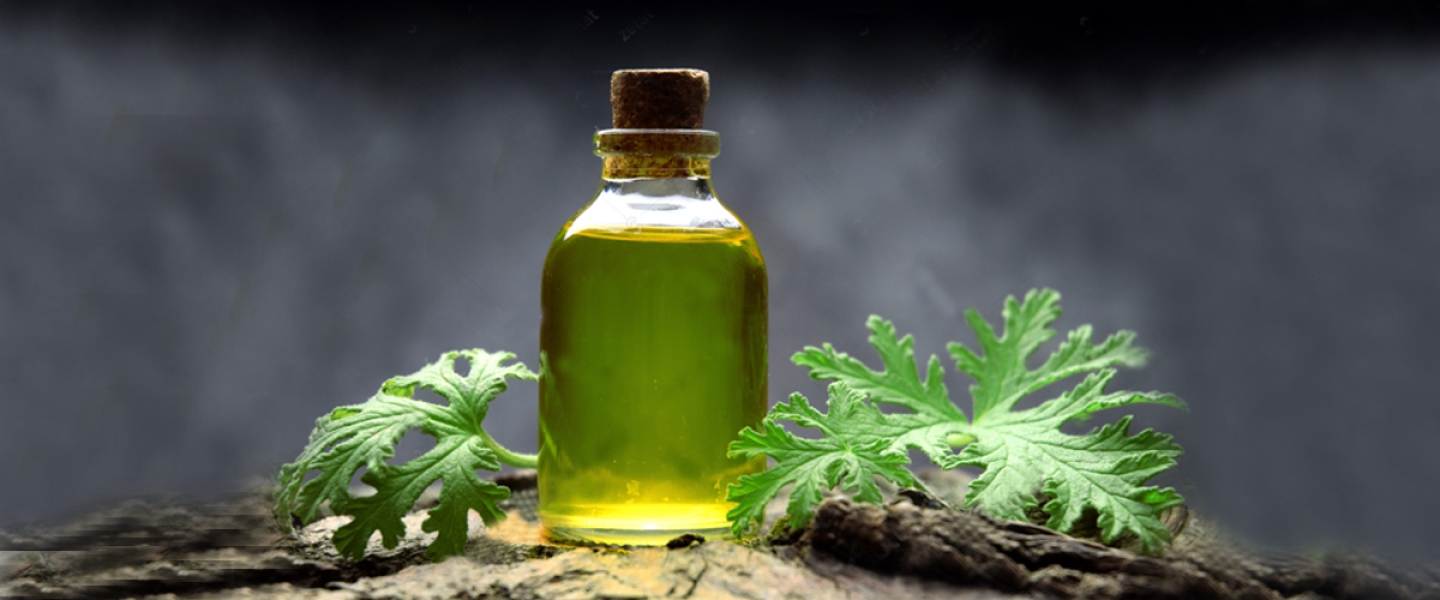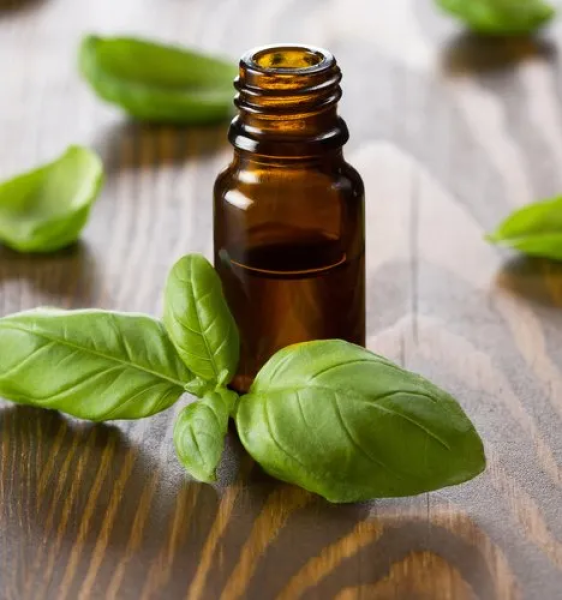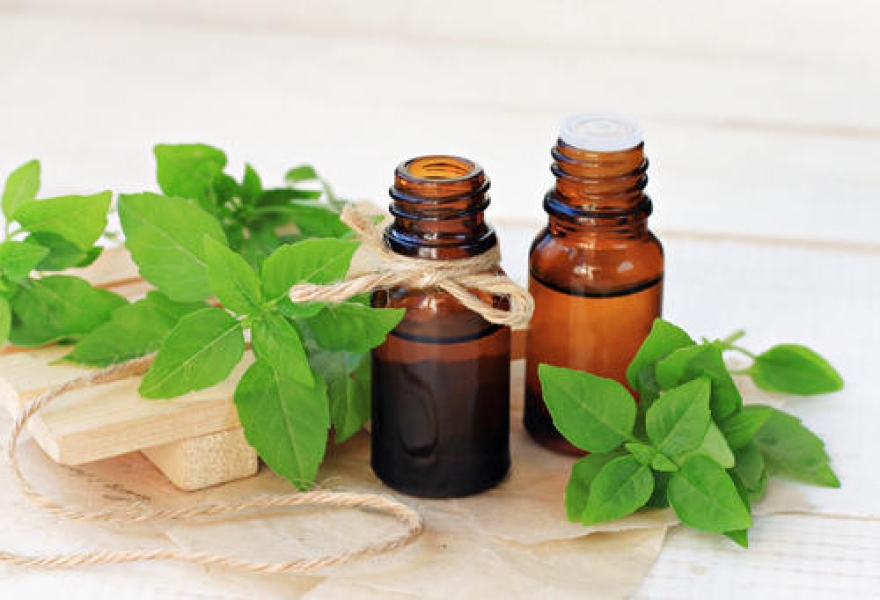Leading Clove oil Bulk Suppliers And Manufacturers
Clove oil has been n known for its remarkable aroma, medicinal properties, and personal applications for many years. Extracted from the dried flower buds of clove trees, the essential oil is utterly stable across several industries, from pharmaceuticals and food to cosmetics and Wellness.
Why choose Norex flavours for clove oil
- Being one of the leading clove manufacturers and bulk suppliers, we have earned a reputation for delivering products that align with the best standards. Our commitment to quality ensures that every drop of clove oil is completely pure and potent.
- We specialize in catering to businesses with large-scale demands. So whether you are looking for clove oil bulk supplies for industrial use or wholesale clove oil for retail purposes, our flexible solutions will ensure that all your needs are met perfectly.
- Purity is essential. We use stringent quality control measures, from sourcing the finest buds to testing the oil for optimum content. Various certifications highlight our dedication to excellence.
- We take pride in responsibly sourcing best buds, ensuring that our manufacturing practices support local farmers and environmental sustainability. Our commitment adds value to the products, making them an ethical choice for your business.
- With a strong distribution network, we ensure the timely delivery of bulk orders to clove oil suppliers and businesses globally.
Applications of clove oil
Pharmaceuticals:
Clove oil plays a vital role in the pharmaceutical industry. It is known for its antiseptic properties. Dentists are often recommended for toothache and gum infections, while anti-inflammatory impacts make them a common ingredient in pain relief balms.
Food and beverages:
In the culinary world, you can use clove oil for its unique spice and flavor. You can add it to baked goods, teas, and savory dishes. Furthermore, the antimicrobial properties make it a valuable ingredient for manufacturers as it improves the shelf life of the food products.
Aromatherapy and Wellness:
The invigorating aroma of clove oil has fantastic benefits, offering you stress relief and immune support. It is frequently found in diffusers and massage oils, which provide a holistic approach to relaxation and health. The respiratory benefits make it a favorite for dealing with colds and congestion.
Cosmetics and skincare:
Clove oil is known for its antimicrobial and soothing properties in the beauty industry. You can generally find it in anti-aging creams and acne treatments, offering a gentle yet effective solution for your healthy skin.
Household products:
Clove oil is found in household products, and its natural pest-repelling qualities make it a prominent choice for eco-friendly cleaning products. You can use it as a natural insect-repellant and odor-neutralizing spray, providing a safe alternative to chemical-laden products.
Tips to choose the proper manufacturer and bulk supplier for clove oil
- Eugenol is the hallmark of good quality clove oil manufacturers prioritizing high-content delivery oils with exceptional potency and effectiveness. So, you should always request a certificate of analysis to verify the composition.
- Reputable manufacturers and bulk suppliers of clove oil like Norex align with international standards and hold certifications like organic certifications. The credentials can guarantee that the clove oil aligns with stringent quality and safety requirements.
- If you require wholesale clove oil, you must understand the supplier's ability to meet large-scale demands. To ensure consistent delivery, you must understand the production capacity and supply chain efficiency.
- Sustainability is essential in the market today. You must go for manufacturers who practice ethical sourcing of clove buds, support local farming communities, and minimize environmental impact.
- You need to compare prices across suppliers while considering the quality offered. Customer reviews and testimonials can provide you with valuable insights into the reliability of the supplier's product quality and service excellence.
Faqs about clove oil
What are the benefits of buying clove oil in bulk?
Buying clove oil in bulk offers plenty of advantages as it helps you reduce per-unit cost, making it economical for your business. It also ensures uninterrupted availability for large-scale operations.
How do you ensure the purity of your clove oil?
Reputable manufacturers generally use quality control measures, including ethical sourcing, advanced extraction, and comprehensive testing.
What industries use wholesale clove oil?
Clove oil is generally used in different industries, such as the pharmaceutical industry, for pain relief and antiseptic products. You can find it for flavoring in food and beverages, while in cosmetics, it is generally used for Wellness.
What is the difference between bulk clove oil and retail packaging?
(bulk clove oil is packaged in larger quantities, often for industrial use, while retail packaging caters to individual consumers. The best thing about bulk options is that you save money and get customized options for your business.
How can I place a bulk or wholesale order for clove oil?
To place a bulk order, you need to reach out with your requirements and compare pricing and timelines. You can finalize the order by confirming payment and shipping details.
What certifications do your clove oil products have?
Our global products have certifications like GMP and organic standards to validate the quality and safety of the products. You must always verify the certifications before you place the order.
| Botanical Name | Eugenia caryophyllus, Syzygium aromaticum |
| Origin | Indonesia Madagascar |
| CAS No | 8000-34-8 |
| EINECS | 215-185-5 |


